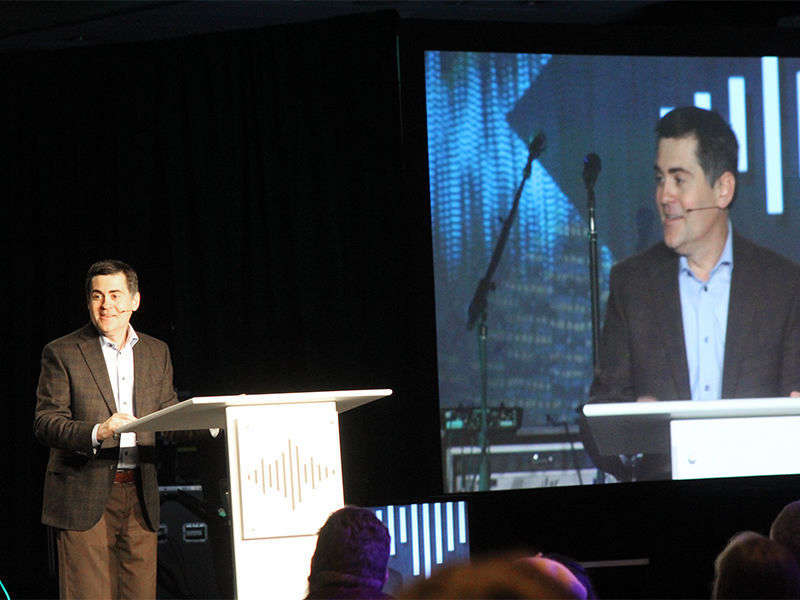Russell Moore signs Ecumenical Defense of Marriage Statement
Released April 23, 2015, was “The Defense of Marriage and the Right of Religious Freedom: Reaffirming a Shared Witness,” an ecumenical document signed by Russell Moore of the Southern Baptist’s Ethics and Religious Liberties Committee. The document, which stated a secular defense of marriage, was also signed by several other Protestant and Evangelical leaders, as well as Mormon, Greek Orthodox and Roman Catholic leaders across the United States. While the premise of the document appears noble, here in lies the same problem with ecumenism, in which Russell Moore is well known for: compromising the Gospel for the sake of unity.























